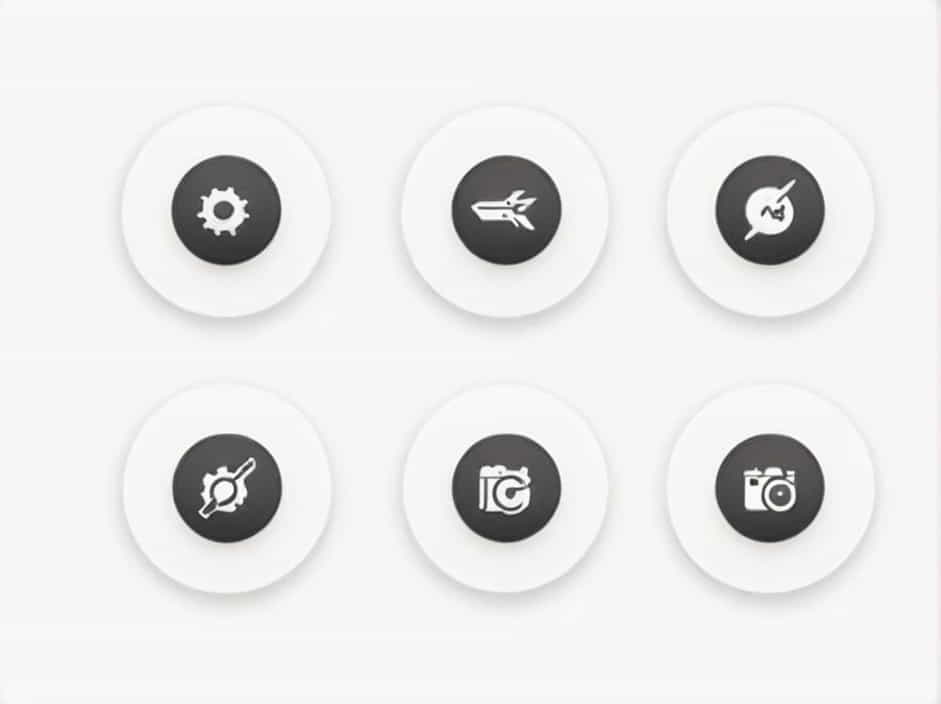The word heedless describes someone who is careless, inattentive, or thoughtless. But what is the opposite of heedless? The best antonyms are careful, attentive, mindful, and cautious.
Being aware and thoughtful in decision-making, actions, and communication is important in everyday life. In this topic, we will explore the meaning of heedless, its opposites, and why being mindful and responsible is essential.
Understanding the Meaning of Heedless
Definition of Heedless
The word heedless refers to a lack of attention, caution, or thoughtfulness. A heedless person does not consider the consequences of their actions.
Some characteristics of heedless behavior include:
- Acting without thinking.
- Ignoring warnings or advice.
- Being reckless or careless.
For example:
- A driver who speeds through red lights is heedless of traffic laws.
- Someone who makes financial decisions without planning is heedless of the risks.
- A student who ignores study materials is heedless of their academic success.
What Is the Opposite of Heedless?
The opposite of heedless is being careful, cautious, mindful, and attentive. These qualities help in making better decisions, avoiding risks, and showing responsibility.
Some common antonyms of heedless include:
- Careful – Paying close attention to avoid mistakes or danger.
- Cautious – Acting with awareness to prevent harm.
- Mindful – Being aware and considerate of one’s actions.
- Attentive – Listening carefully and being observant.
- Responsible – Taking accountability for actions and decisions.
Heedless vs. Mindful: The Key Differences
| Heedless | Mindful |
|---|---|
| Careless and reckless | Thoughtful and responsible |
| Ignores warnings and advice | Considers consequences |
| Acts without planning | Thinks before acting |
| Can cause harm or mistakes | Helps in making good decisions |
Examples of Mindfulness and Responsibility in Everyday Life
1. Being Careful in Decision-Making
Making Thoughtful Choices
A person who is mindful and careful takes time to analyze situations before making a decision.
For example:
- Heedless: Spending money without checking the budget.
- Mindful: Planning expenses to avoid financial problems.
Thinking Before Speaking
Words have power, and speaking without thinking can hurt others. Being attentive to words prevents misunderstandings.
For example:
- Heedless: Saying something offensive without considering others’ feelings.
- Mindful: Choosing words carefully to be respectful.
2. The Importance of Caution in Daily Activities
Driving and Road Safety
A cautious driver follows traffic rules and stays alert to avoid accidents.
For example:
- Heedless: Texting while driving.
- Cautious: Keeping full attention on the road.
Workplace Safety
Employees who are careful follow safety guidelines to prevent accidents.
For example:
- Heedless: Ignoring safety gear and procedures.
- Careful: Wearing protective equipment and following protocols.
3. Mindfulness in Relationships
Being Considerate of Others
A mindful person pays attention to the needs and feelings of others.
For example:
- Heedless: Interrupting people in conversations.
- Attentive: Listening and allowing others to speak.
Taking Responsibility for Actions
A responsible person admits mistakes and works to correct them.
For example:
- Heedless: Blaming others for personal errors.
- Responsible: Acknowledging mistakes and improving behavior.
Why Is Being Mindful and Careful Important?
1. Preventing Mistakes and Accidents
Caution and awareness reduce the chances of accidents and costly errors.
2. Building Trust and Respect
People appreciate those who are thoughtful, careful, and responsible in their actions.
3. Making Better Decisions
A mindful approach helps in evaluating choices and avoiding regrets.
4. Improving Relationships
Being attentive and responsible strengthens personal and professional connections.
How to Be More Mindful and Less Heedless
If you want to develop mindfulness and responsibility, consider these tips:
1. Think Before Acting
Pause and reflect on possible outcomes before making a decision.
2. Pay Attention to Details
Be observant and listen carefully in conversations and tasks.
3. Take Responsibility
Own up to mistakes and work on improving them.
4. Show Consideration for Others
Respect other people’s time, feelings, and efforts.
Final Thoughts
The opposite of heedless is being careful, mindful, attentive, and responsible. Developing these qualities leads to better decisions, improved relationships, and a more successful life. By practicing awareness and caution, you can avoid unnecessary problems and create positive experiences for yourself and others.
